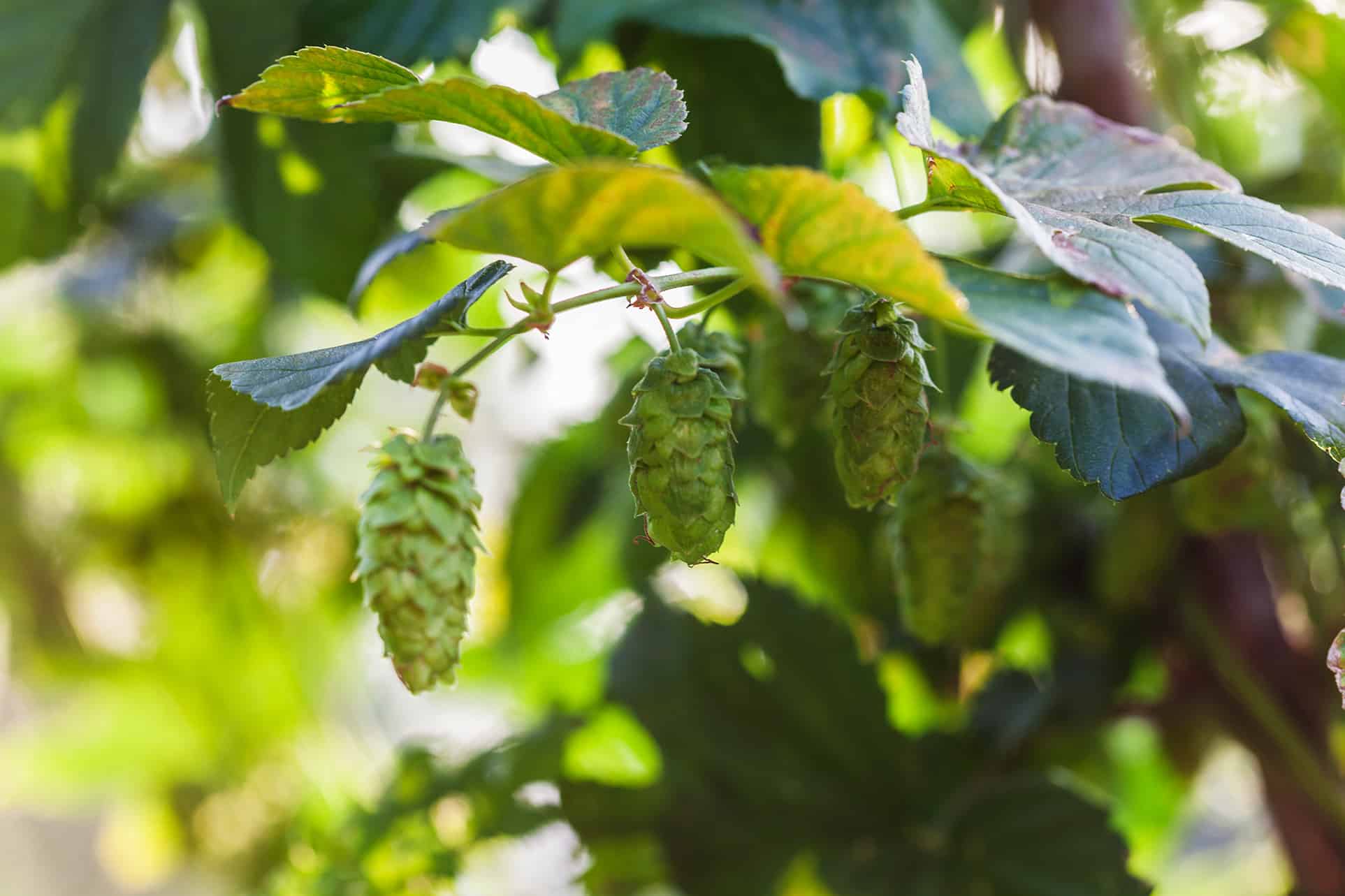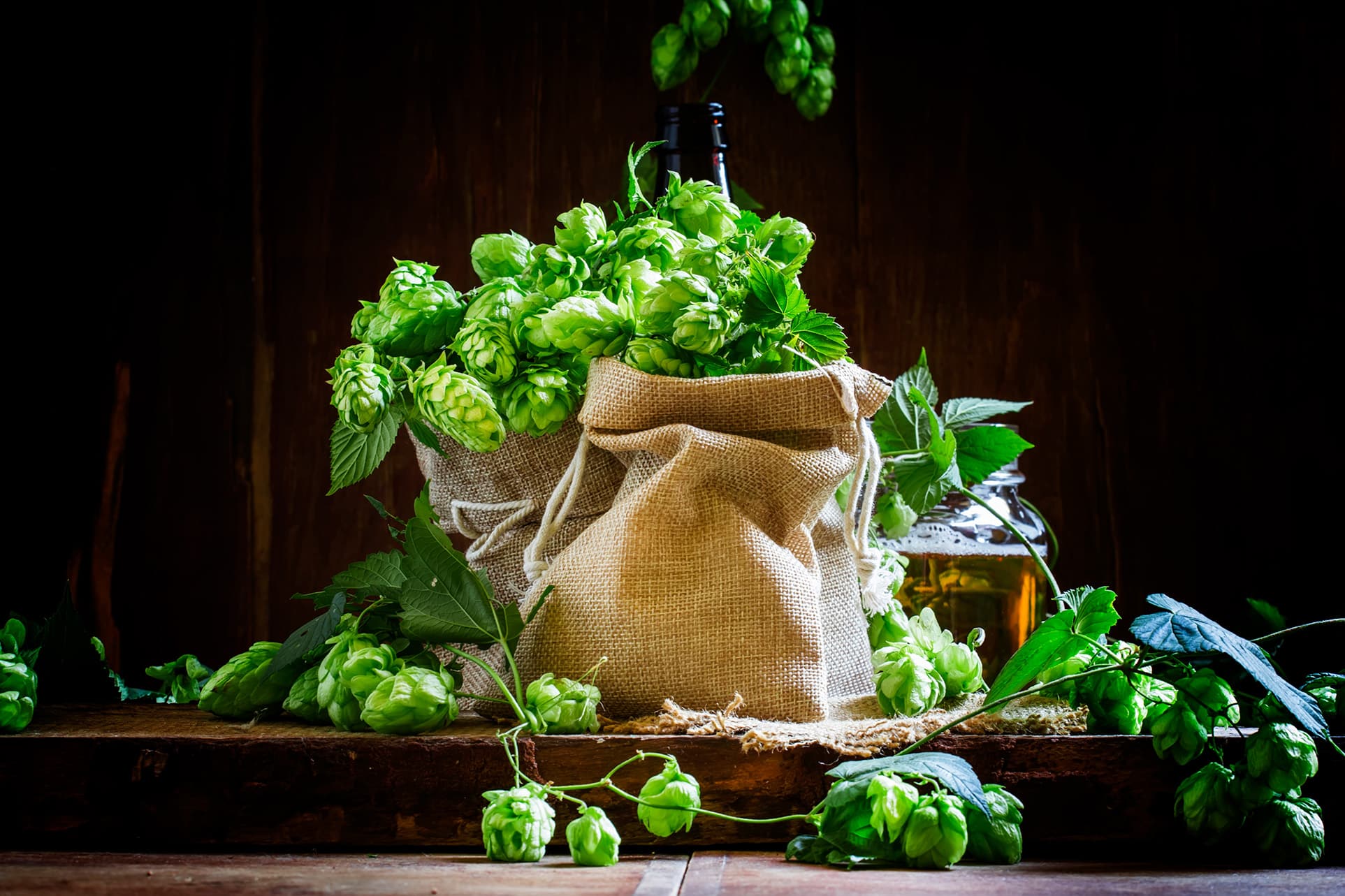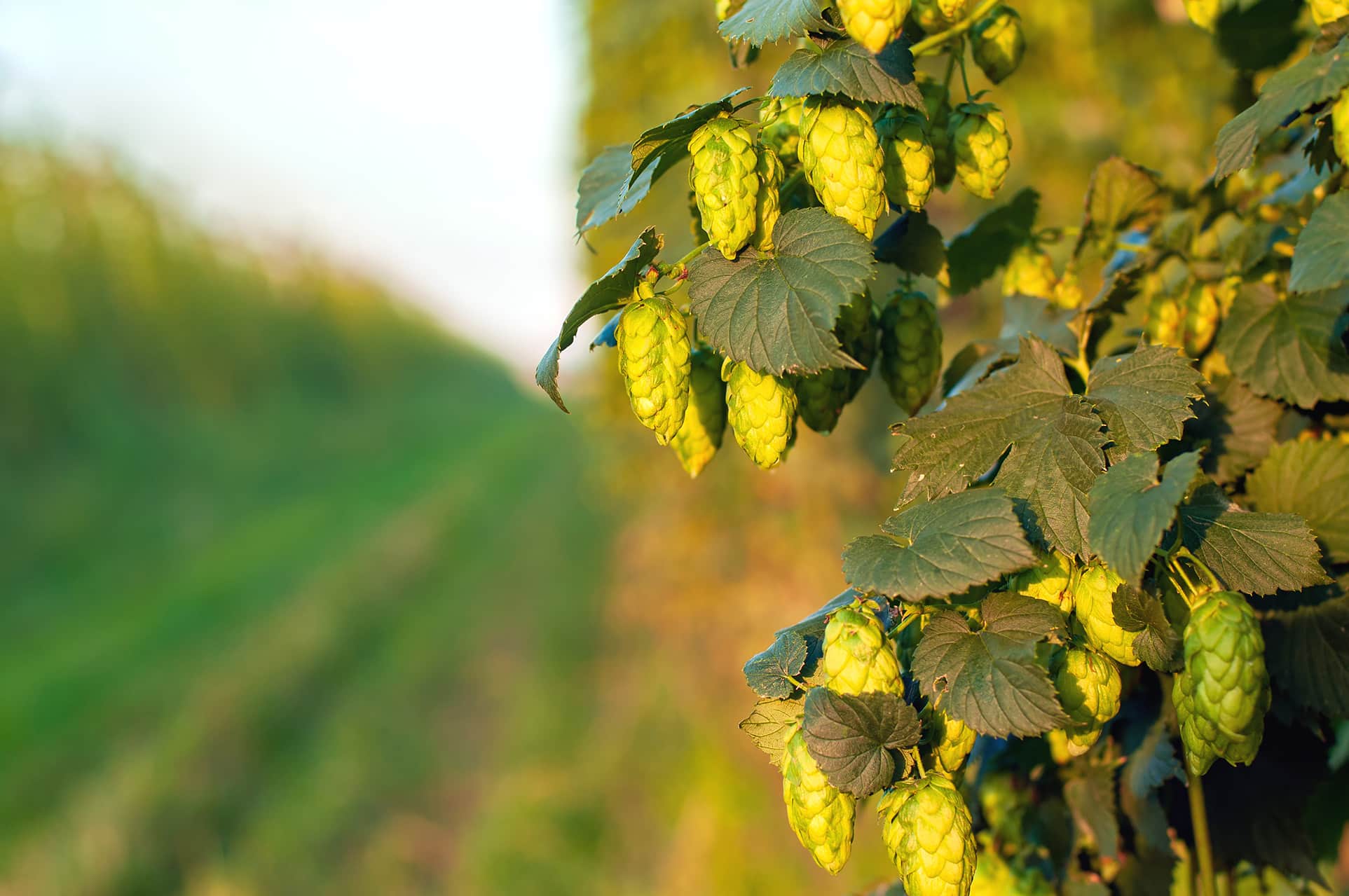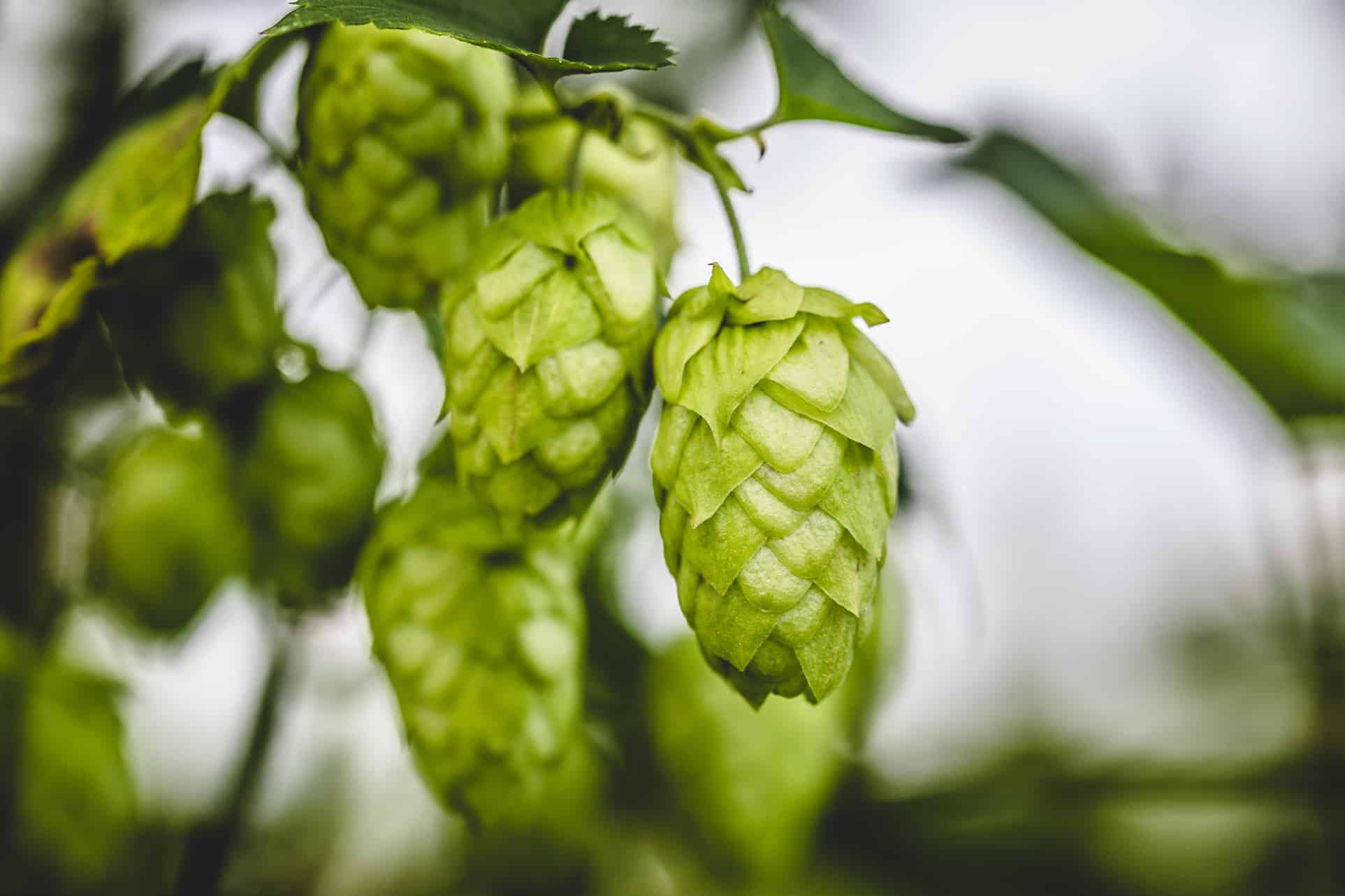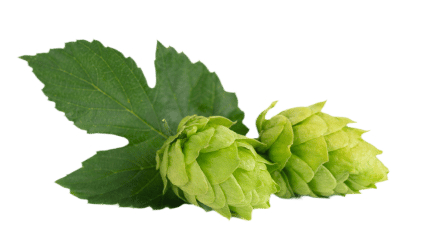
We have been busy here at Charles Faram. As well as the breeding and selection of new varieties, we have been looking at new (and sometimes old) methods of delivering even more potency to your brews.
Jester® is our flagship hop and it is an eternal favourite here. Looking at other products on the market we have a number of trials scheduled this year, the first of which recently arrived back from being processed and we are very excited! We have had Jester® processed into T45 pellets – some may be aware of what these are and others not, so please allow us to enlighten those that haven’t heard of these before.
Type 45 pellets are by no means a new invention. To explain the difference, we should begin with how Type 90 pellets are made. Whole hops are chopped into a fine powder, homogenised (mixed) to ensure consistency within the batch and then pressed through a die. These pellets will have had some material removed (leaf and stem) and the moisture content may be slightly lower than the whole hops before processing, so the 90 in Type 90 or T90 stands for 90%. Originally processors would expect 90% of the weight of the whole hops returned as pellets.
Today the process is more efficient and the return is higher than that but the name for the process has remained the same.
Type 45 pellets differ from Type 90 in that the whole hops are frozen at -20°C, then chopped. When frozen, the lupulin becomes less sticky and it is possible to separate some plant material from the lupulin by sieving. Approximately half of this plant material is discarded and the remainder is then recombined with the lupulin and pressed through a similar die to Type 90. In reality, the amount of plant material used can be varied so these pellets are often standardised to an alpha value, so they may not be 45% of the original weight but more likely 50-80%. These pellets are lupulin enriched pellets.
So, what was the goal of this project? There are some obvious advantages to Type 45 pellets. The product weight is reduced so shipping is less costly. When dry hopping in the fermentation or conditioning vessel, beer losses are significantly reduced. There are also some less obvious advantages; potentially a cleaner aroma and flavour profile, and the ability to increase dry hopping rates with more juicy characteristics and less funkiness.
When they arrived in Newland these pellets caused a huge stir in the office. We will be trialling them on our own pilot brewery and will conduct sensory analysis alongside the same beer but made with conventional Jester® T90 pellets. We would be delighted for you to try them so please do not hesitate to get in touch with your relevant Charles Faram Sales Representative if you would like to see what they can do for you and your brewery.
Limited availability in our 1kg packs



